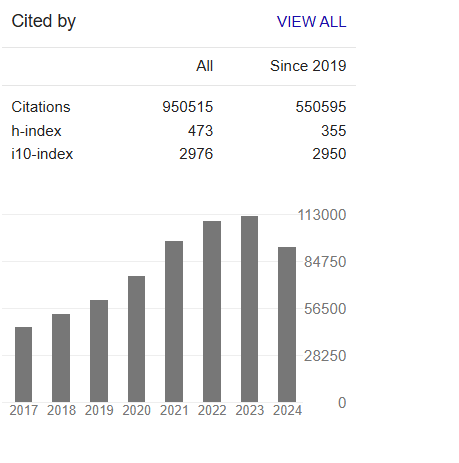Chemical, Physical and Biological Carwash Wastewater Treatments for Water Recycling: Critical and Comparative Analyses
Abstract
AE Ghaly*, NS Mahmoud, MM Ibrahim, EA Mostafa, EN Abdelrahman, RH Emam, MA Kassem and MH Hatem
The carwash industry uses large volumes of freshwater and release wastewater containing harmful chemicals into the environment. The type and quantity of cleaning chemicals and finish products used and the amount of dirt present on the vehicle affect the physical, chemical and biological characteristics of the carwash wastewater. The growing public concerns for water conservation and the environmental health of water waterways has led to several environmental regulations to encourage wastewater reclamation and reduction of pollution loads. The environmentally friendly carwash operation requires a good washing technology with compatible washing chemicals and advanced water treatment methods with proper water recycling system. The desire of professional carwash operators to conserve water and/or reduce discharges dictate the choice of approach and reclaim equipment to be installed.
This study describes the treatment options for carwash wastewaters for recycling in order to achieve pollution reduction, water conservation and economic benefits for carwash operators. These treatments include chemical coagulation-flocculation, electrocoagulation, electrooxidation, granular filtration, microfiltration, ultrafiltration, nanofiltration, reverse osmosis, biofilters, bioreactors, wetlands and adsorption. The advantages and disadvantages of each method were determined. Each method was evaluated and compared with other methods using a standard set of criteria that included: cost, maintenance and control, efficiency, suitability, value added product, environmental and health impact and size and land requirement. These criteria were developed based of the advantages and disadvantages of the treatment methods.
Each criterion was assigned a score based on its relative importance. A comparative analysis was performed on the 12 methods of carwash wastewater treatments using the eight criteria. The results indicated that granular filter treatment had the highest score (87) followed by reverse osmosis (84). It is therefore recommended that a combination of granular filter and reverse osmosis be used to treat carwash wastewater. The granular filter is used as a pre-treatment option to remove suspended solids, heavy metals and pathogenic microorganisms and the reverse osmosis unit is used as a final treatment for polishing the granular filter effluent and remove all remining organic molecules, cysts, bacteria, virus and all minerals including dissolved individual ions. The final product is a spotfree rinse water resulting in glass, chrome, and all painted surfaces to dry spot-free. Granular filter is easy to set up using locally available material, is economical and has a low capital and operating cost and a short residence time and can achieve reductions of up to 100% of COD, TSS and turbidity. Reverse osmosis results in complete removal of pathogens and virus and up to 99 % removal of dissolved solids.



